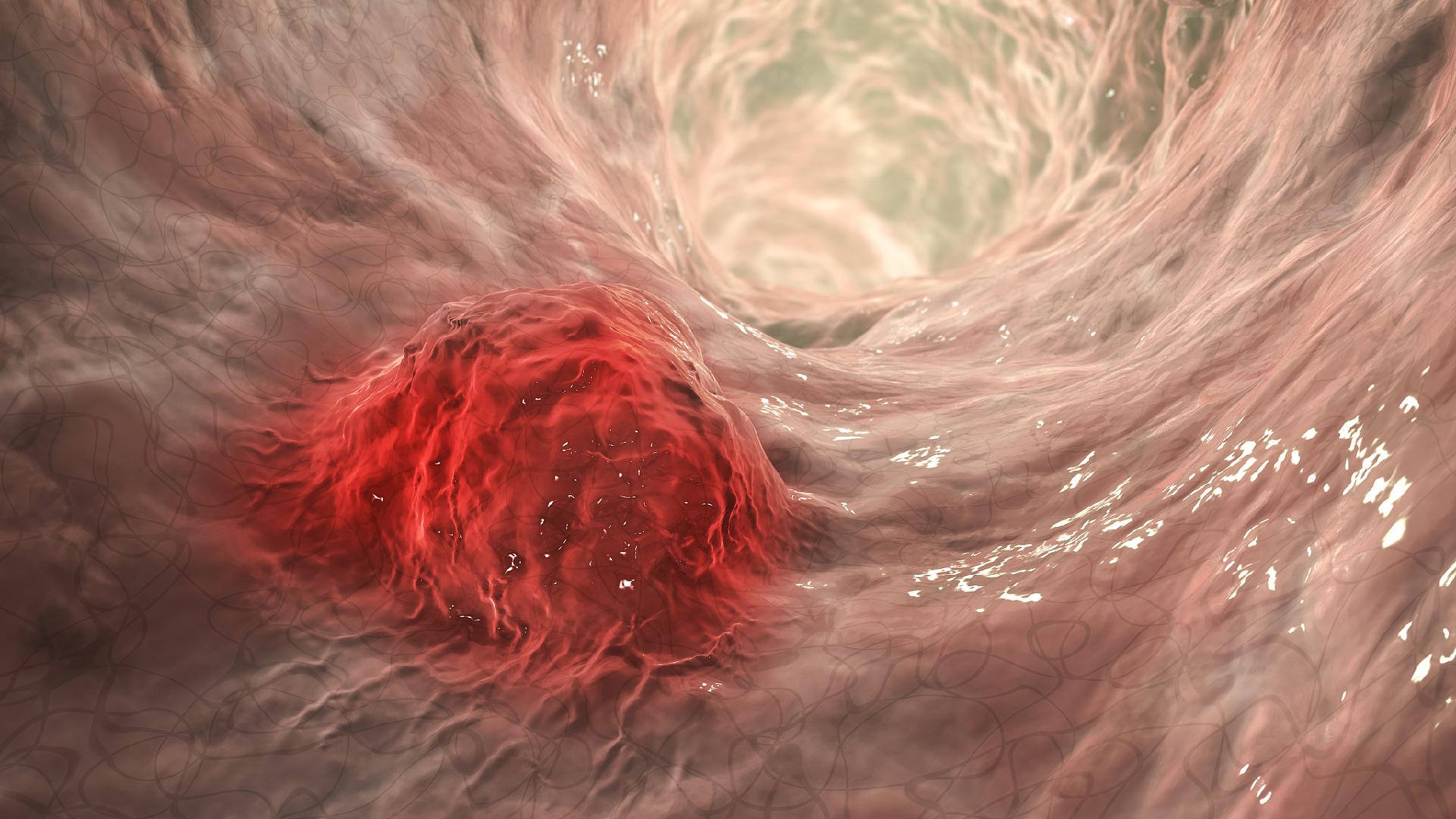China pinpoints bacterial therapy as a method for treating colorectal cancer
A study conducted by Chinese researchers suggests that bacterial therapy could provide a promising new approach for the prevention and treatment of colorectal cancer.

The team from the School of Life Sciences at Lanzhou University, located in Gansu Province, discovered that the probiotic limosilactobacillus fermentum GR-3, which is extracted from "Jiangshui," a traditional fermented food in Northwestern China, could potentially induce apoptosis and inhibit the growth of colon tumor cells.
Professor Li Xiangkai, who leads the research group, said, "studies have shown that colorectal cancer patients often experience an imbalance in their gut microbiota and a persistent state of peroxidation in tumor cells." He noted that probiotics such as limosilactobacillus fermentum GR-3 target the tumor microenvironment and help regulate the gut microbiome, unlike traditional antioxidants.
The researchers focused on Lactobacillus GR-3 for its strong antioxidant abilities and conducted experiments on hyperuricemia mouse models and in clinical trials. These studies indicated that the probiotic could degrade uric acid by influencing the gut microbiome. Consequently, they explored its utility in colorectal cancer prevention, examining how it affects gut flora and the immune system.
Findings from the study revealed that Lactobacillus GR-3 markedly decreased colon tumor growth in mice treated with cancer-inducing drugs and showed beneficial therapeutic effects. Not only did the strain reduce tumor size, but it also enhanced the profile of gut microbial metabolites, and promoted cell death in colon cancer cells while restraining their growth.
Further research is planned by Li’s team to delve into the specific actions of Lactobacillus GR-3 and its clinical applicability.
Colorectal cancer ranks as a prevalent cancer type in China. Previous studies have mainly concentrated on how probiotics affect the immune system, with less attention on their antioxidant capabilities and impact on gut microbiota.
"Our study aims to identify probiotics with strong antioxidant capacity and robust gut flora regulatory effects, providing new insights into the prevention and inhibition of colorectal cancer," said Li.
Frederick R Cook for TROIB News
Discover more Science and Technology news updates in TROIB Sci-Tech












